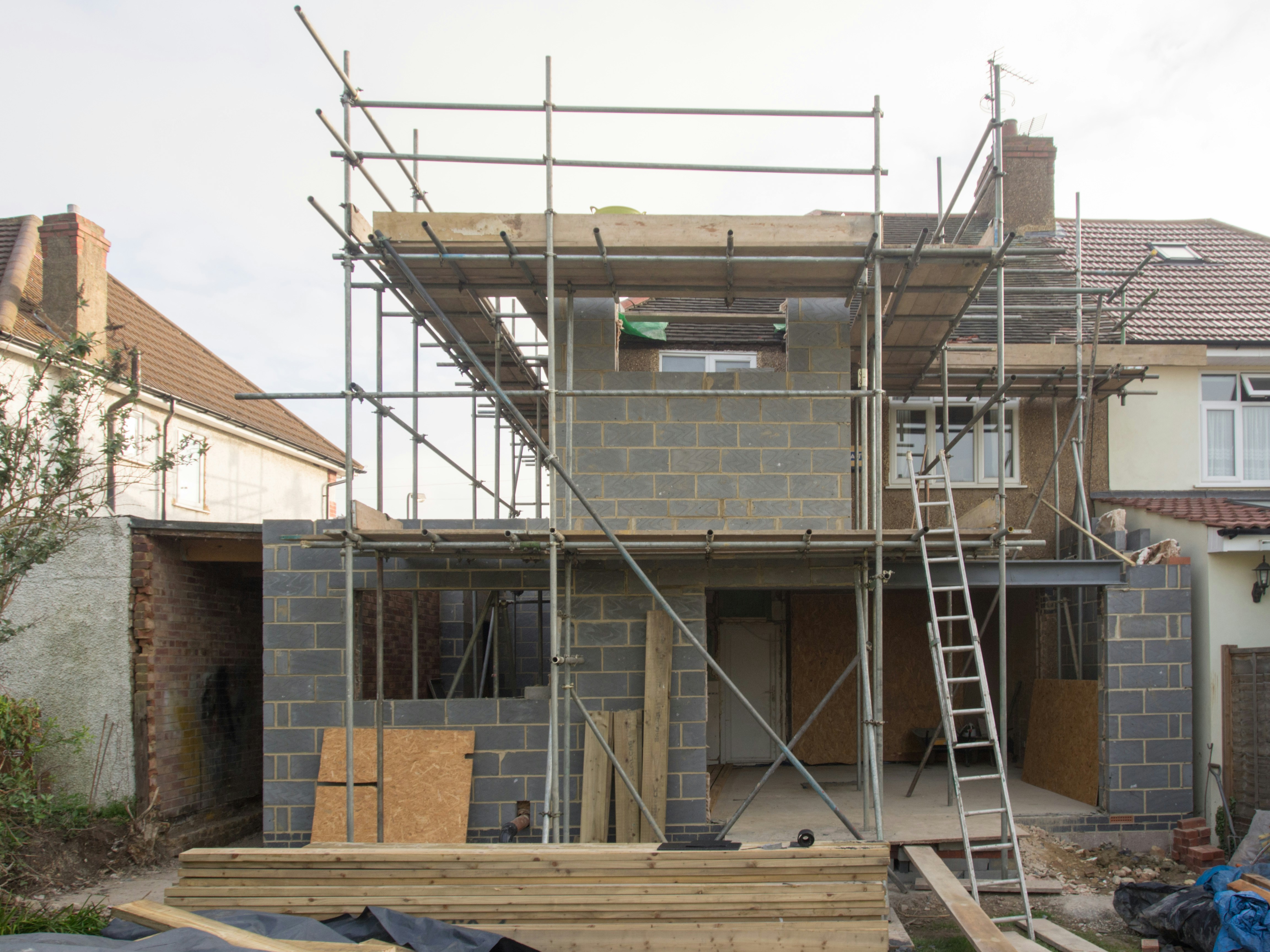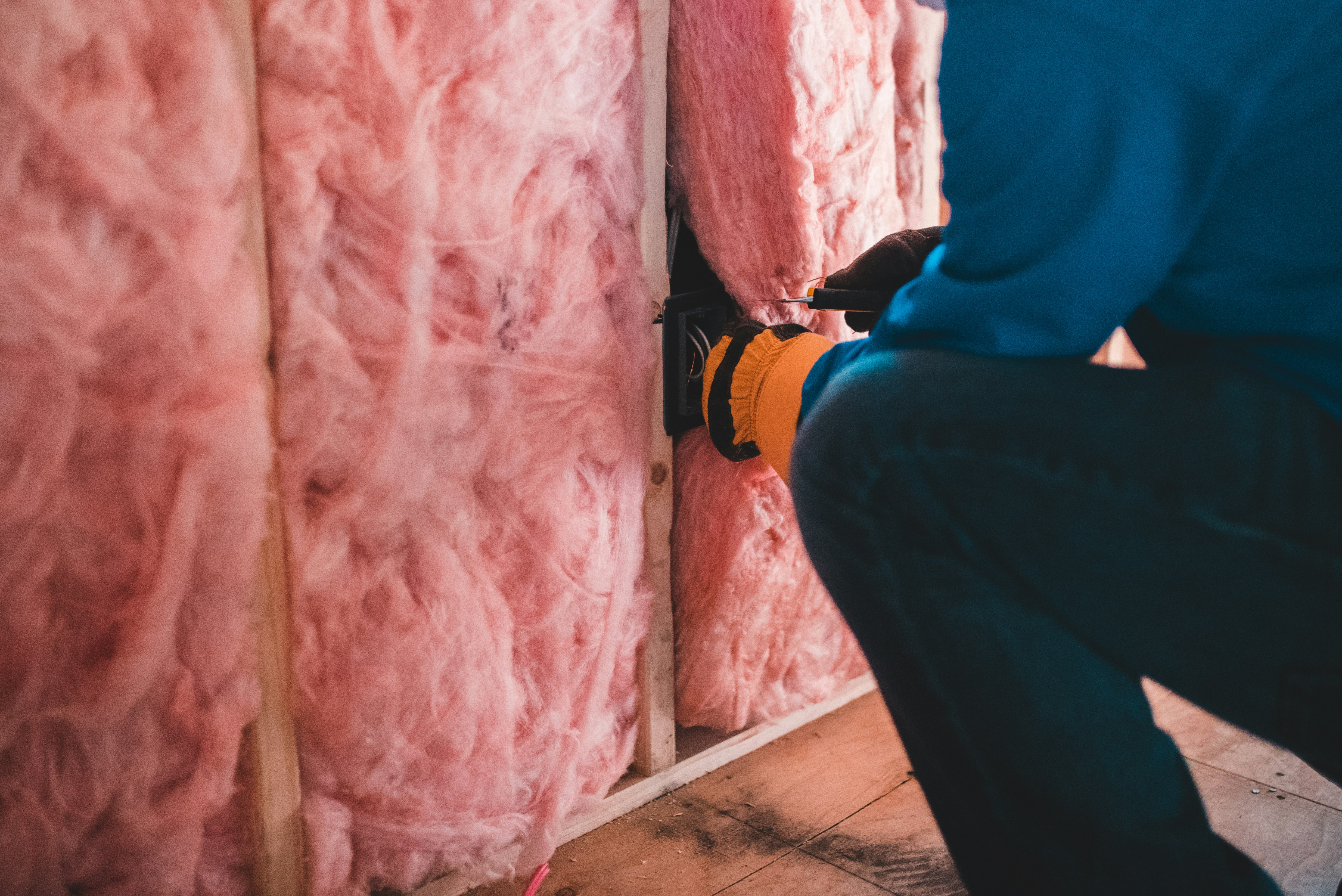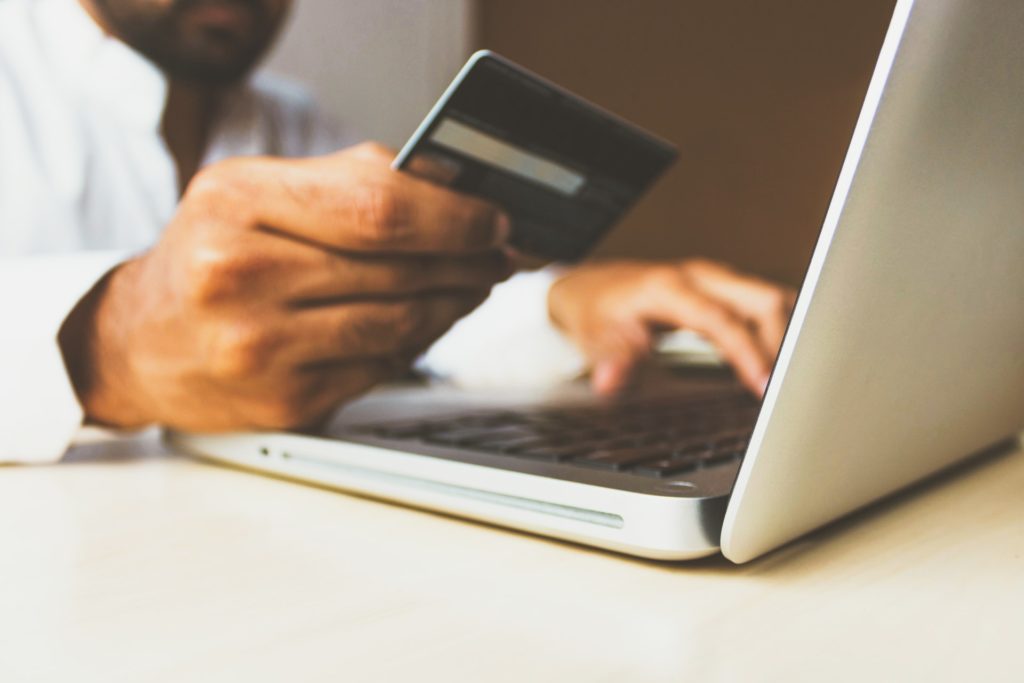Many people equate homeownership with financial success and freedom. As a homeowner, you aren’t restricted by your landlord’s rules. You can also build home equity, but you are also responsible for repair costs and household maintenance. Purchasing your first home is a significant financial decision that can have a long-lasting impact on your budget and lifestyle.
The exact amount of money required to purchase your first home can vary widely. Several variables will affect your costs. Learning about your home loan options and the factors that can affect how much money you need to buy a home can help you make informed economic decisions when shopping for your first house.
Down Payment Costs
The down payment is the amount of cash you must provide when you purchase a house. Most home loans require buyers to invest some capital. The initial payment amount is a percentage of the home’s price, which means it can vary widely. The percentage required to secure the mortgage also varies. Buyers who can make an initial payment of 20 percent of the home’s price are more likely to qualify for a mortgage and receive favorable interest rates. This means your monthly payments may be lower, or you may be able to avoid financing a 30-year mortgage and pay your home off faster, which will reduce the amount of interest you will pay over the life of your loan. First-time homebuyers can qualify by putting as little as five percent down. Initial payment costs can also be affected by your location. For example, in the United States, there are home loan programs that do not require buyers to make an initial payment.
Grants and Assistance
In Australia, the government offers $25,000 grants to qualifying home builders. A qualifying first home buyer must plan to live in the property and meet the income and citizenship requirements. Australia also offers First Home Owner Grants. The states and territories administer the grants, and applicants must qualify to receive the funds. Your buying options will also vary widely from state to state. Investigate the grants offered to determine which grants you qualify for and read about the First Home Loan Deposit Scheme, enabling potential buyers to purchase a home with a downpayment of five percent.
Buying or Building

Your grant options can be affected by your choice to buy an existing property or build a new one. This choice will also affect the cost of your home. Investigate home and land packages and consult a realtor. A real estate agent can provide valuable insight into the market in the neighborhoods you’re considering. If you have a tight budget, they may be able to identify comparable neighborhoods that meet your needs and are more affordable. It’s also important to understand that the age of the home you purchase will affect your budget in several ways. You will need to budget more money for maintenance and repair costs if you buy an older home. Your insurance costs may also be higher if you buy an older property. Once you review your options, you’ll know if it’s better to build or buy and be able to choose an appropriate neighborhood to ensure the best deal.
Renovation Costs

If you decide to buy an older home, you may need to budget for repair costs or secure a mortgage that will finance your renovation. If you’ve already secured a mortgage and realize you need funds to complete repairs or upgrades, Google “refinancing your home loan steps” to learn about refinancing your mortgage. Online resources can provide information about your loan options’ qualification requirements and the interest rates and loan terms. These online resources can also guide you through the application process to determine if you qualify.
Closing Costs
When you purchase a home, you must pay closing costs. Like your down payment, the closing costs a percentage of the purchase price of the house. You can expect to pay closing costs that are between two and five percent of your home’s price. In rare cases, you may not be responsible for your closing costs. Some sellers offer closing cost assistance to motivate buyers.
Determining how much money you need to purchase your first home is a complicated process. Your location, the cost of your home, and the type of mortgage you qualify for will affect the down payment costs you need to buy a house. Homebuyers may need to have up to 25 percent of the home’s cost available when they make their purchase but may also be able to buy a house for as little as two percent of the home’s price if they aren’t required to make a down payment or can access grants to cover their down payment costs.








